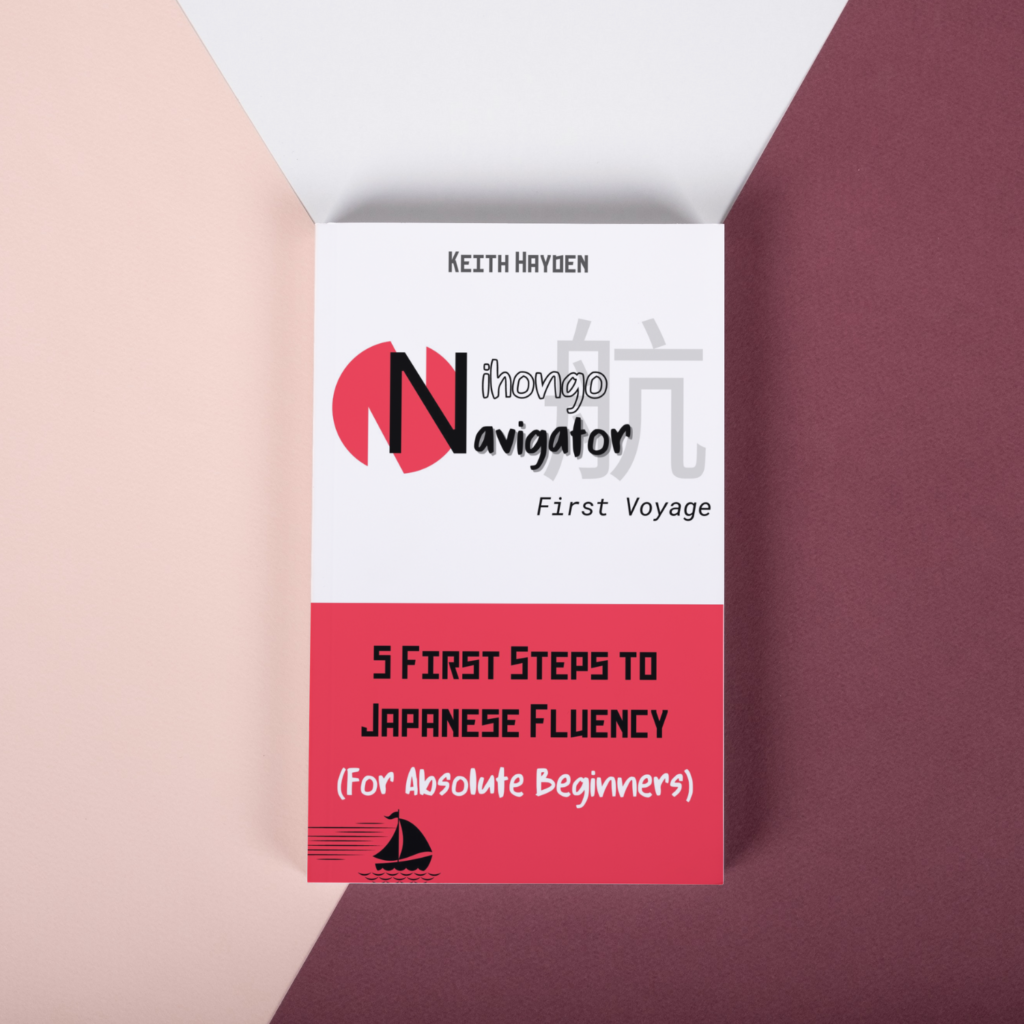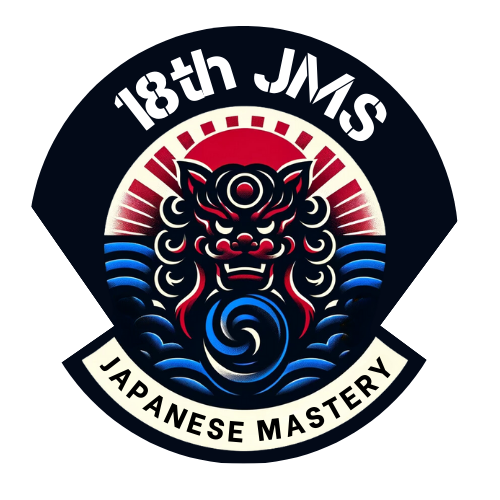Two Rude Japanese Expressions
During today’s lessons, I found two rude actions.
待ちぼうけを食う (machi-bou-ke-wo-kuu) – to stand someone up
待たせる (ma-ta-se-ru) – to make someone wait
Here is further explanation about both.
待ちぼうけ – Stand someone up
待ちぼうけを食う (machi bōke o kuu) literally means “to eat a waiting bush.” It is an idiom that means to be left waiting in vain, or to be disappointed.
The phrase is made up of the following words:
- 待ちぼうけ (machi bōke) – a compound noun that means “waiting in vain” or “being disappointed.” It is made up of the words 待つ (matsu), which means “to wait,” and ぼうけ (bōke), which means “a fool” or “a disappointment.”
- を (o) – a particle that marks the object of the verb.
- 食う (kuu) – a verb that means “to eat.”
The phrase 待ちぼうけを食う is often used in a humorous way, but it can also be used to express frustration or disappointment. For example, you might say 待ちぼうけを食った (machi bōke o kutta) if you were stood up for a date.
Here are some other examples of how the phrase 待ちぼうけを食う can be used:
- 彼は待ちぼうけを食って帰った。 (Kare wa machi bōke o kutte kaetta.) – He went home disappointed.
- 待ちぼうけを食わないように、早めに来た方がいい。 (Machi bōke o kuわないように、はやめに来た方がいい。) – You should come early so you don’t get left waiting.
- 待ちぼうけを食うのはもう嫌だ。 (Machi bōke o kuu no wa mō iya da.) – I’m tired of being left waiting.
待たせる – to make someone wait
Absolutely! Let’s break down the Japanese word 待たせる (mataseru):
Meaning
待たせる (mataseru) is a verb meaning “to cause someone to wait”, “to make someone wait”, or “to keep someone waiting”.
Components
- 待つ (matsu): The base verb, meaning “to wait”.
- せる(seru): A causative auxiliary verb. When attached to another verb, it changes the meaning to “to cause to…” or “to make someone…”.
Usage
待たせる is commonly used in situations where your actions or circumstances result in another person having to wait for you or on you. Here are some example sentences:
- すみません、お待たせしました。 (Sumimasen, omatase shimashita.)
Sorry to keep you waiting. - 彼を待たせないでください。
(Kare o matase naide kudasai.) Please don’t make him wait. - お客さんを待たせられない。
(Okyakusan o matase rarenai.)
We can’t keep customers waiting.
Important Notes
- 待たせる is the causative form of 待つ, so it implies that you are actively responsible for someone’s waiting.
- Since it emphasizes causing another person inconvenience, it’s often used in apologetic contexts.
Go to any Japanese business establishment and you’ll hear this one a lot!
Hope you enjoyed this brief lesson.
If you’re just getting started with Japanese, my 5-Day email course “Nihongo Navigator” is a great way to get the basics down.

Squad UP Your Japanese!

Join the 18th Japanese Mastery Squadron on Facebook for regular posts about improving your Japanese


